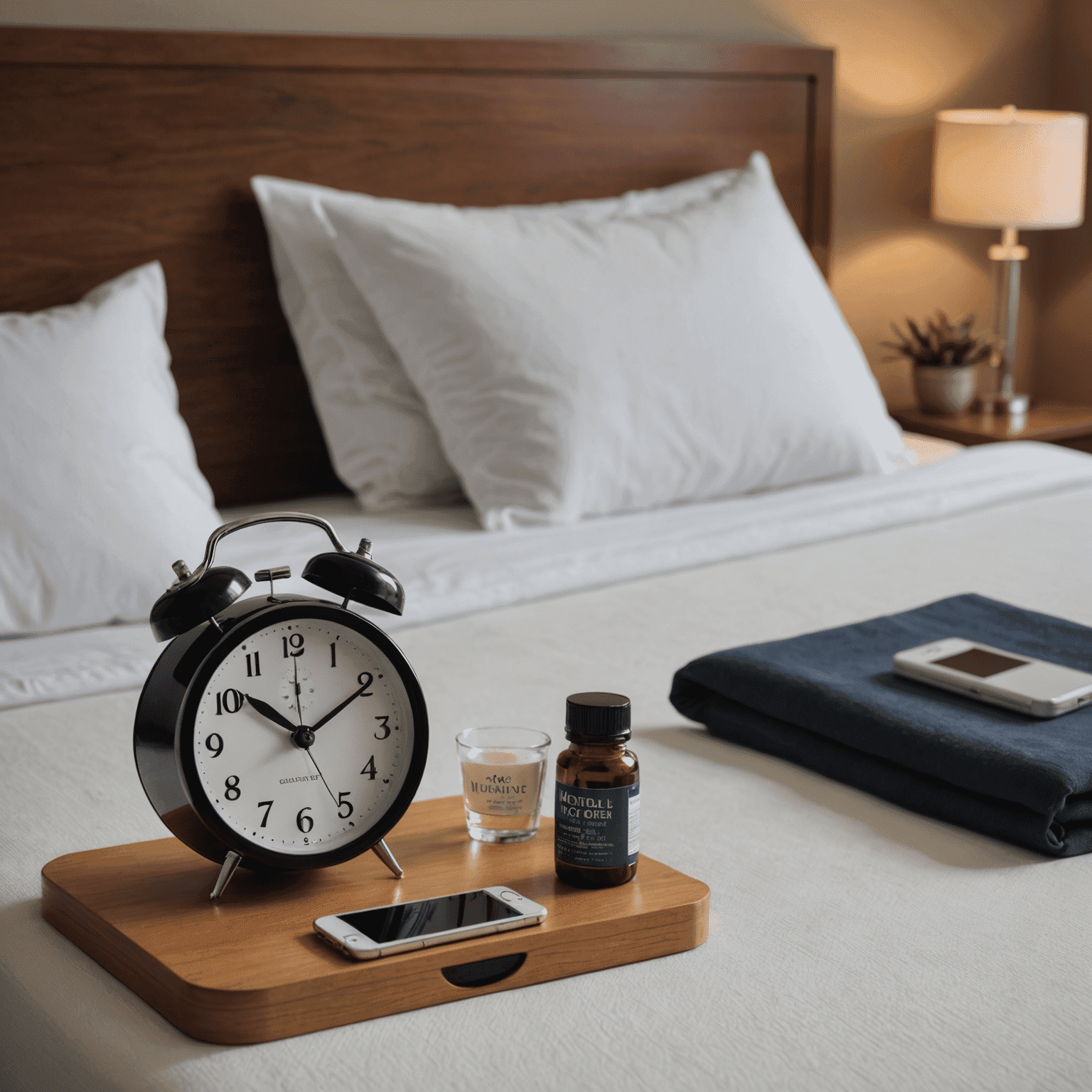Navigating Time Zones: How to Beat Jet Lag on Your Next Trip

Jet lag can be a formidable adversary for any traveler, potentially derailing the first few days of your trip. But with the right strategies, you can minimize its effects and hit the ground running at your destination. Here's how to outsmart jet lag and make the most of your travel experience from day one.
1. Adjust Your Sleep Schedule Before You Leave
Start adapting to your destination's time zone a few days before your departure. Gradually shift your sleep and wake times closer to those of your destination. This pre-adjustment can significantly reduce the shock to your system upon arrival.
2. Stay Hydrated
Dehydration can exacerbate jet lag symptoms. Drink plenty of water before, during, and after your flight. Avoid alcohol and caffeine on the plane, as they can interfere with your sleep cycle and dehydrate you further.

3. Sync with the Sun
Natural light is a powerful tool for resetting your internal clock. Upon arrival, try to get outside and expose yourself to sunlight during the day. This helps your body recognize the new time zone and adjust accordingly.
4. Power Through the First Day
Resist the urge to nap as soon as you arrive, especially if it's daytime at your destination. Stay awake until the local bedtime to help your body adjust more quickly. If you must nap, limit it to 20-30 minutes to avoid disrupting your nighttime sleep.
5. Use Melatonin Wisely
Melatonin supplements can be helpful for adjusting your sleep cycle. Consider taking a small dose (0.5-3mg) about an hour before bedtime at your destination for the first few nights. Always consult with a healthcare professional before using any supplements.

6. Choose Flight Times Strategically
When booking your flights, consider arrival times that align with your adjustment goals. Landing in the early evening can make it easier to stay awake for a few hours before going to bed at a reasonable local time.
7. Move and Stretch
During long flights, make an effort to move around and stretch regularly. This improves circulation and can help you feel more refreshed upon arrival. Some airlines offer in-flight exercises you can do in your seat.
8. Eat According to Your New Time Zone
Start eating meals on your destination's schedule as soon as possible, even if it means having breakfast at an unusual time for your body. This helps signal to your system that it's time to adapt to the new rhythm.

Conclusion
Beating jet lag is all about preparation and smart choices during and after your flight. By implementing these strategies, you can minimize the impact of time zone changes and make the most of your travel experience from the moment you land. Remember, everyone's body responds differently to travel, so be patient with yourself and find the combination of techniques that works best for you. Happy and well-rested travels!